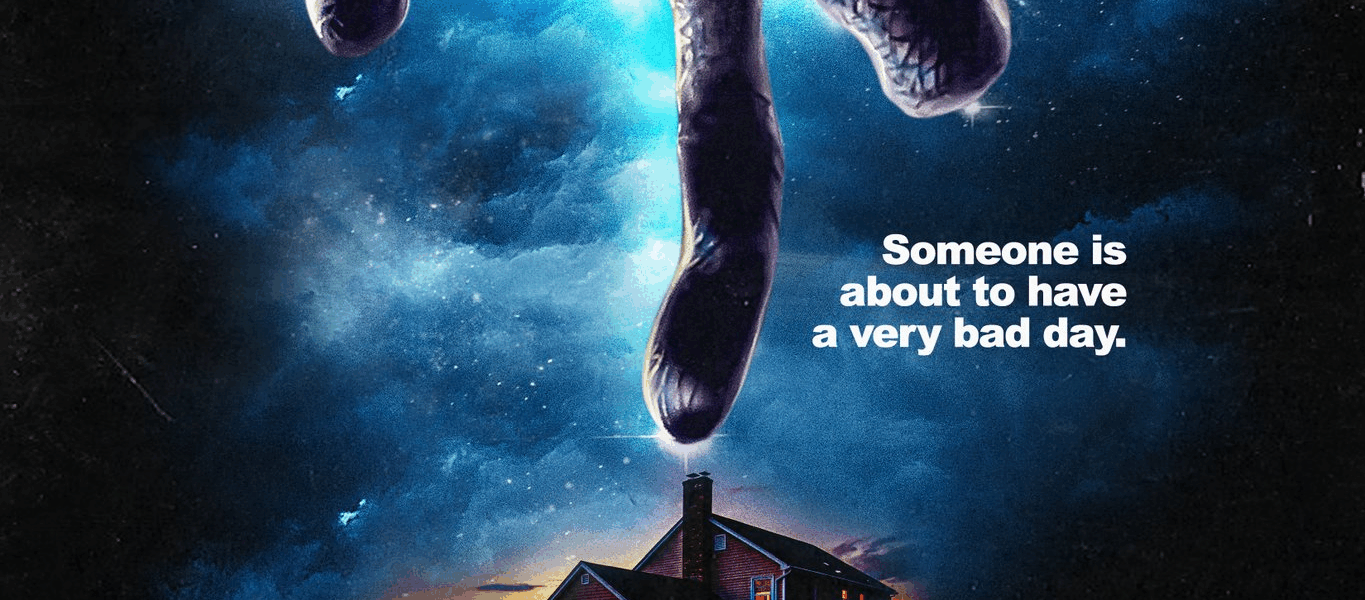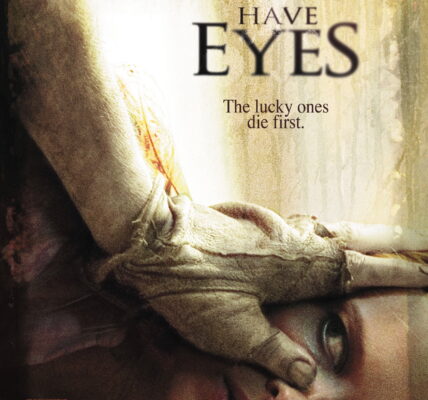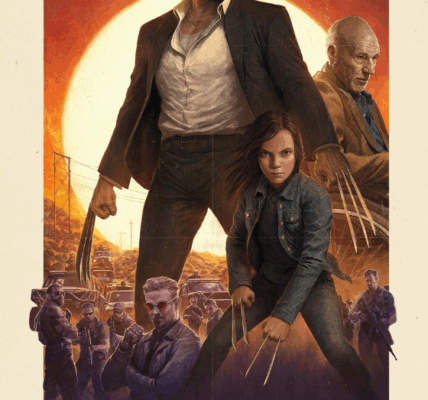🎬 Plot Summary
Brynn Adams (Kaitlyn Dever) lives alone in her childhood home, estranged and shunned by her small-town neighbors. She fills her days sewing, cooking, and building a miniature model of the town—quiet routines shaped by trauma to which she hints but doesn’t fully explain. One night, her sanctuary is shattered by silent intruders—gray aliens invading her home. What follows is a harrowing, dialogue‑free surreal battle for survival. As Brynn fends off alien threats and confronts hallucinations that plunge her into buried memories, we learn of a tragic past event that transformed her life and the community she can never fully escape. Ultimately the aliens reveal her trauma and return her broken past transformed into a chance for release.
🌟 Notable Elements
-
Single‑Character Powerhouse: Kaitlyn Dever carries nearly the entire film, expressing isolation, fear, and resilience without relying on spoken dialogue—only a few grunts and huffing sounds punctuate her experience.
-
Sound Design & Atmosphere: The film is built around sound rather than speech—creaking floorboards, hums of alien vessels, and ambient daily noises heighten tension in the home invasion sequences.
-
Cinematography: Aaron Morton’s visuals use the house’s architecture to evoke creeping dread; shadows through glass, cramped crawlspaces, and surreal lighting dramatize familiar spaces into threatening territory.
-
Alien Design and CGI: The “Greys” and parasitic doppelgängers tread familiar ground but are polished with contemporary effects—though some viewers felt the execution underwhelmed, with robotic movement and unintentional humor.
🔍 Themes and Messages
-
Isolation & Trauma: Brynn’s reclusiveness stems from deep guilt surrounding a childhood tragedy. The alien invasion becomes a metaphor for unprocessed grief and communal rejection.
-
Self‑Redemption: Through confrontation with her pursuers—and a psychic probing revealing her buried memories—Brynn eventually finds a way to confront and heal her past.
-
Meaning in Silence: The absence of dialogue reflects Brynn’s internal retreat—a stylistic choice that amplifies both suspense and empathy yet occasionally alienates viewers.
Although not tied to holiday traditions, themes of forgiveness, solitude, and renewal carry universal resonance—much like a personal reckoning during the quieter times of the year.Advertisement
🧠 Personal Impressions
Strengths:
-
Bold stylistic ambition, using silence as narrative backbone. Kaitlyn Dever delivers a deeply physical, emotionally compelling performance.
-
Sound design is extraordinary—immersive audio heightens tension, making even mundane creaks unnerving.
-
ight, brisk 93‑minute runtime avoids filler, diving straight into suspense after minimal setup.
Weaknesses:
-
Repetitive cat-and-mouse sequences feel tedious over time; the narrative loses momentum in later acts.
-
CGI and alien choreography occasionally strain credibility, leading to unintended humor rather than fear.
-
Emotional stakes aren’t fully grounded—Brynn’s backstory and community ostracism are teased but not deeply explored.
👥 Audience Recommendations
-
Recommended for fans of psychological sci‑fi thrillers, especially those drawn to atmospheric tension and minimal dialogue storytelling.
-
Great for viewers who appreciate lone survivors and claustrophobic, audio-driven horror.
-
Fans of films like Hush, A Quiet Place, Prey, or NOPE may find its pacing and tone resonant.
-
Not ideal if you seek complex dialogue, richly developed ensemble casts, or clear-cut emotional arcs.
✅ Conclusion & Rating
No One Will Save You is a bold exercise in minimalist horror and sci‑fi: its creative use of silence, sound, and a sole compelling performance by Kaitlyn Dever make it an intriguing and tense debut. However, its repetitive structure, occasional tonal awkwardness, and surface-level character motives hold it back from fully realizing its potential.
Final recommendation: If you’re into edgy, experimental genre filmmaking and can embrace ambiguity and visual storytelling, this film is well worth your time. But if you prefer richer dialogue or narrative clarity, you might find it frustrating.
Rating: ⭐️⭐️⭐️☆ (3.5 out of 5 stars)




